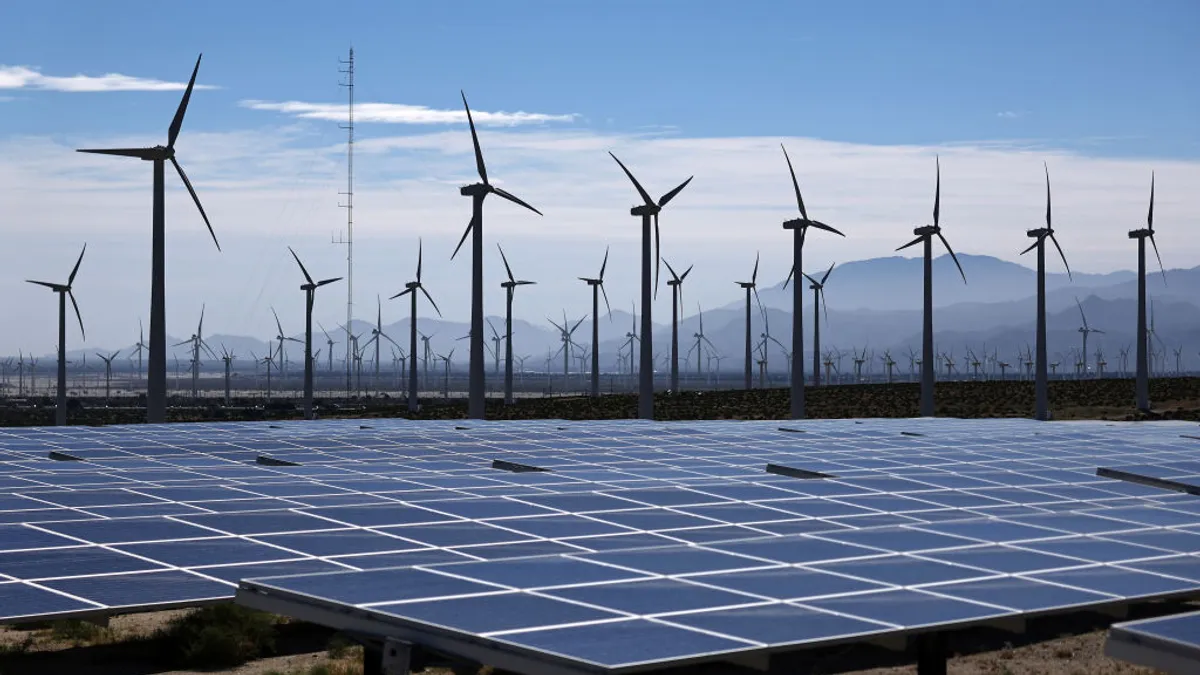Dive Brief:
- Washington Gov. Jay Inslee's proposed carbon tax has stalled again, this time because the measure lacked enough votes in the state Senate, where Democrats hold an advantage.
- Proposed in January, the tax would have been set initially at $20/ton, rising annually by an inflation-adjusted 3.5%. The tax would have brought in more than $3 billion over the next four years, bill supporters estimated.
- While Inslee and supporters of the tax are confident there will eventually be a cost on carbon, so far the ideas has been met with a lukewarm response in the state. Voters rejected a carbon tax at the polls in 2016.
Dive Insight:
Some politicians in Washington state see a carbon tax as inevitable. In the liberal-leaning state, Democratic proponents of the idea should have an advantage. But for the second time, the proposed carbon tax has been defeated.
The first rejection came from voters in 2016 when only 42% supported Initiative 732. Now Democratic Sen. Reuven Carlyle, sponsor of the current carbon tax bill, has conceded the votes are not there, though he told the Associated Press that he is confident a carbon tax is in the state's future.
Inslee proposed the newest version in January, calling for a $20/ton tax to begin July 1, 2019. It could bring in almost $5 billion in the first six years, he said. Despite the defeat, Inslee also believes the carbon tax will happen.
"I would consider this a sea change in the climate fight. It's come a long way from where we've been. We've basically shown that carbon policy is within reach," Inslee told Associated Press.
This year, lawmakers in nine states formed a coalition to press for a price on carbon dioxide emissions. California is the only state with an economy-wide tax on carbon, and some form of that appears to be where the coalition is headed — even if all of the states involved are not on board. In addition to Washington state's debate, Vermont Gov. Phil Scott (R) opposes a carbon tax and has even rejected studyng the idea.














